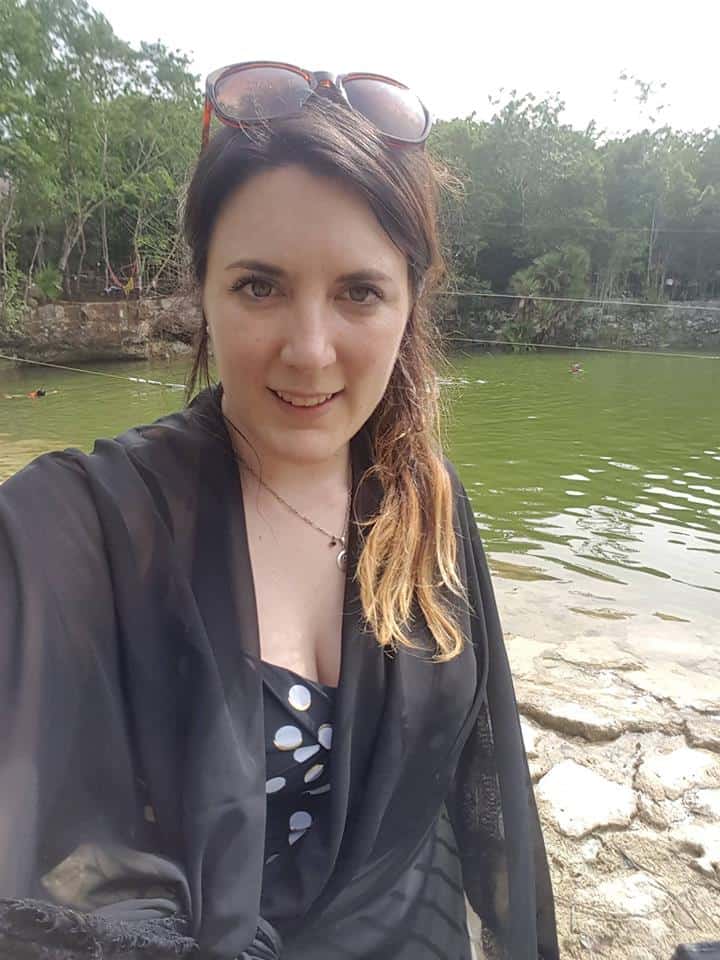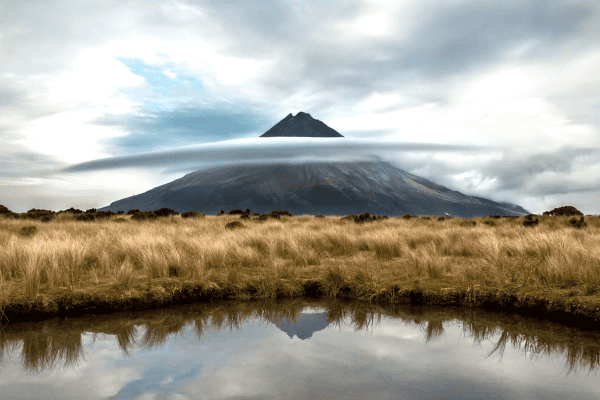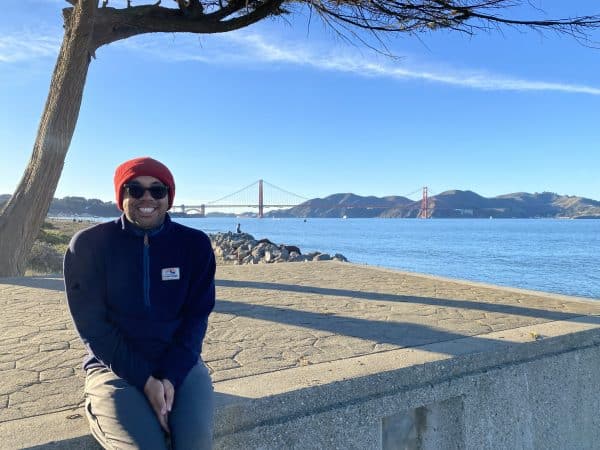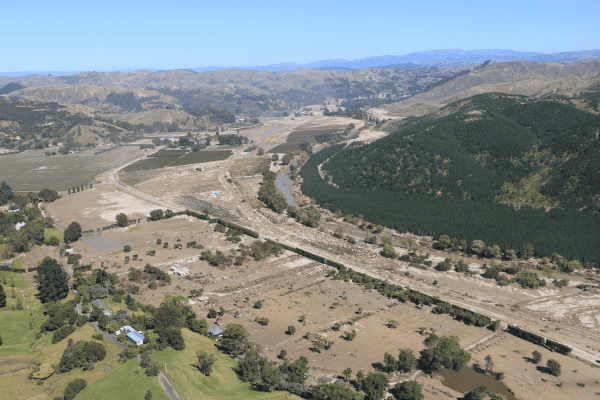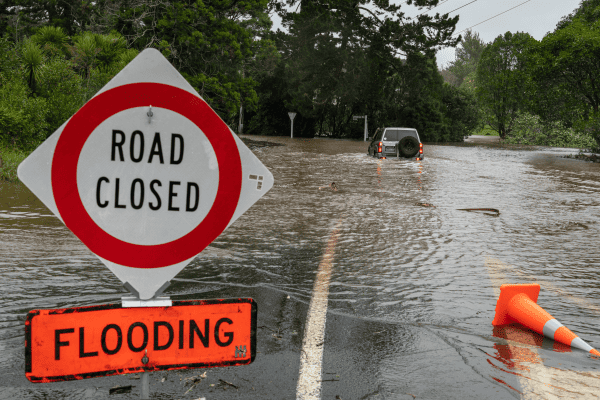Student Profile: Lisa McLaren
02/07/2018
A bit about me
I’m originally from a farm in the Wairarapa, so floods and droughts were a common talking point at our dining room table. That upbringing, combined with a slight obsession with tornadoes as a child, meant it was no surprise when I ended up working in the hazard space. I live in Wellington where I completed my Master’s degree from Victoria University with a focus on environmental science and climate change education. I then worked for four years in local government, with roles in city resilience policy at Wellington City Council and emergency response/community resilience at the Wellington Region Emergency Management Office (WREMO).
I left the workforce last year to pursue my PhD at the Joint Centre for Disaster Research, as part of the Resilience to Nature’s Challenges Cultural Resilience programme. My passion has always focused on how coastal communities can adapt to increasing coastal erosion, storm damage and sea level rise in the South Pacific – and now I get to dedicate almost four years to it. In my spare time, I do a lot of work with both domestic and international climate change policy, which included attending the UN climate talks in Paris in 2015. I currently volunteer as the National Convenor of the Zero Carbon Act campaign, run by Generation Zero. I also love dancing, dogs, hiking and walks on the beach.
My project
In a nutshell, my PhD research aims to analyse how citizen science can be used as a tool by coastal communities to increase their resilience to High Impact Weather.
Adapting to coastal hazards is going to be an increasing burden on coastal communities over the coming decades. My research will explore how communities can use citizen science projects to better understand changes in their environment and increase their resilience to these changes.
To start, I have been unpicking what design goes into a citizen science project and how that can influence the outcome. I then aim to explore if participants gain trust in coastal science and a sense of agency through being part of a citizen science project.
I am currently developing a series of citizen science projects across Aotearoa NZ, Tonga and Samoa aimed at collecting photos from beach-goers that communities could use to demonstrate how their coast is changing. The project is an entry point into communities, with the hope to add to current conversations around coastal change and management. I hope to co-create more citizen science projects with communities that show interest in the process.
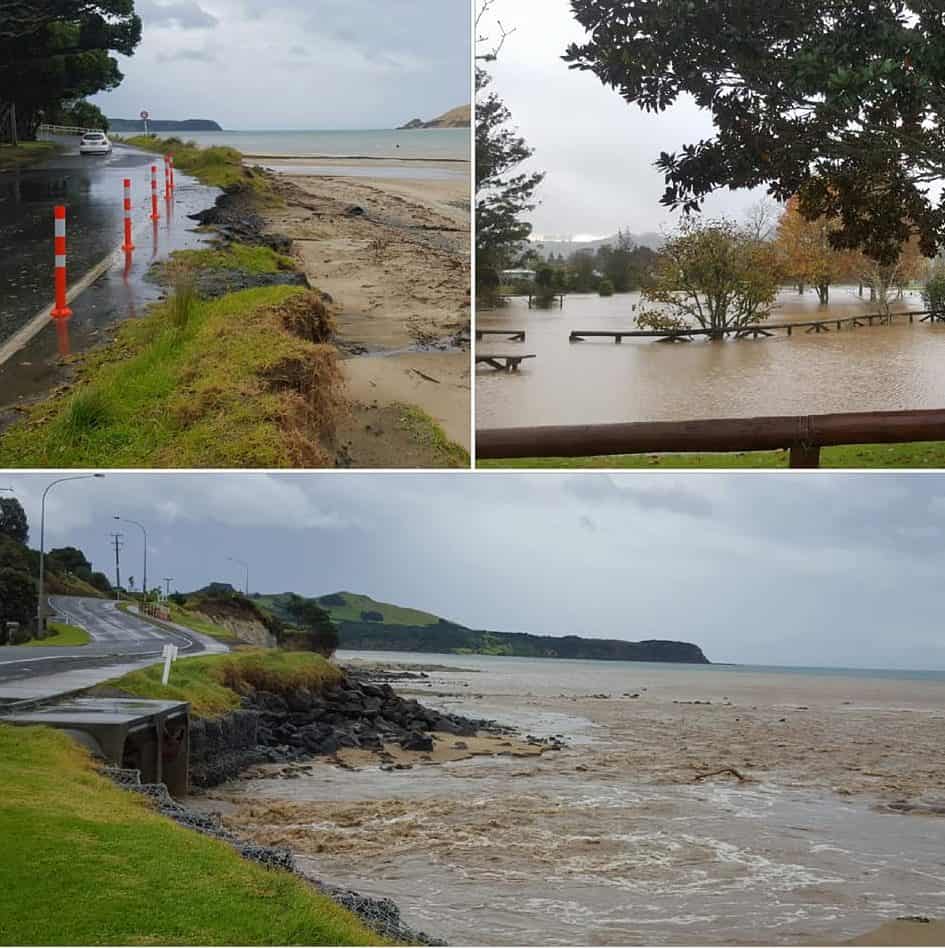
Next steps
Through this research, I aim to add to a community of practice for coastal hazard research that uses a citizen science lens. My ideal outcome would be to co-create a network of varied coastal citizen science projects across Aotearoa NZ and the South Pacific Islands, which would include a number of different hazards such as storms and tsunami.
I hope that I can help other scientists and government agencies inject citizen science into research projects that are happening in the hazard space.
I have two years to get out into different communities and test my initial findings from the literature. I plan to submit my thesis by mid-2020.
